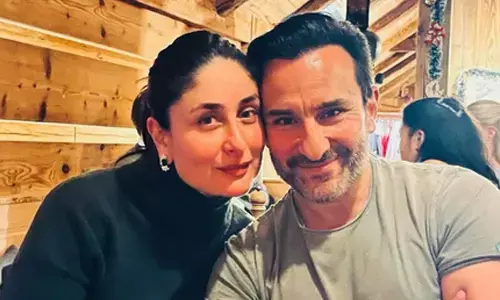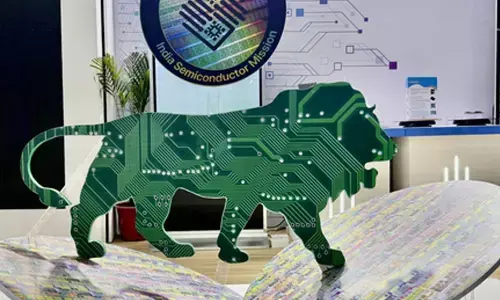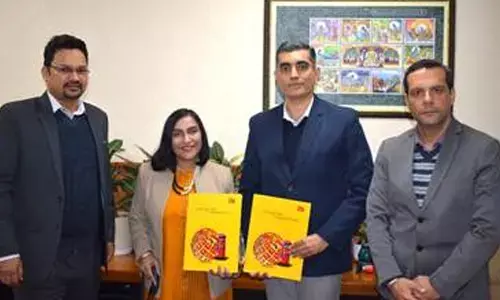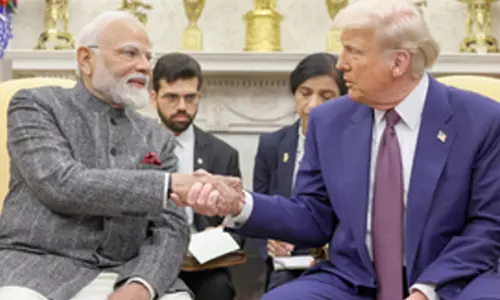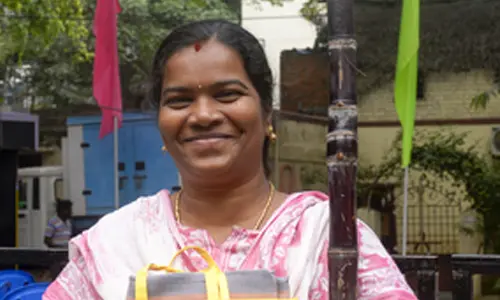Chatbot or Cheatbot? : AI may not a threat to humans, yet
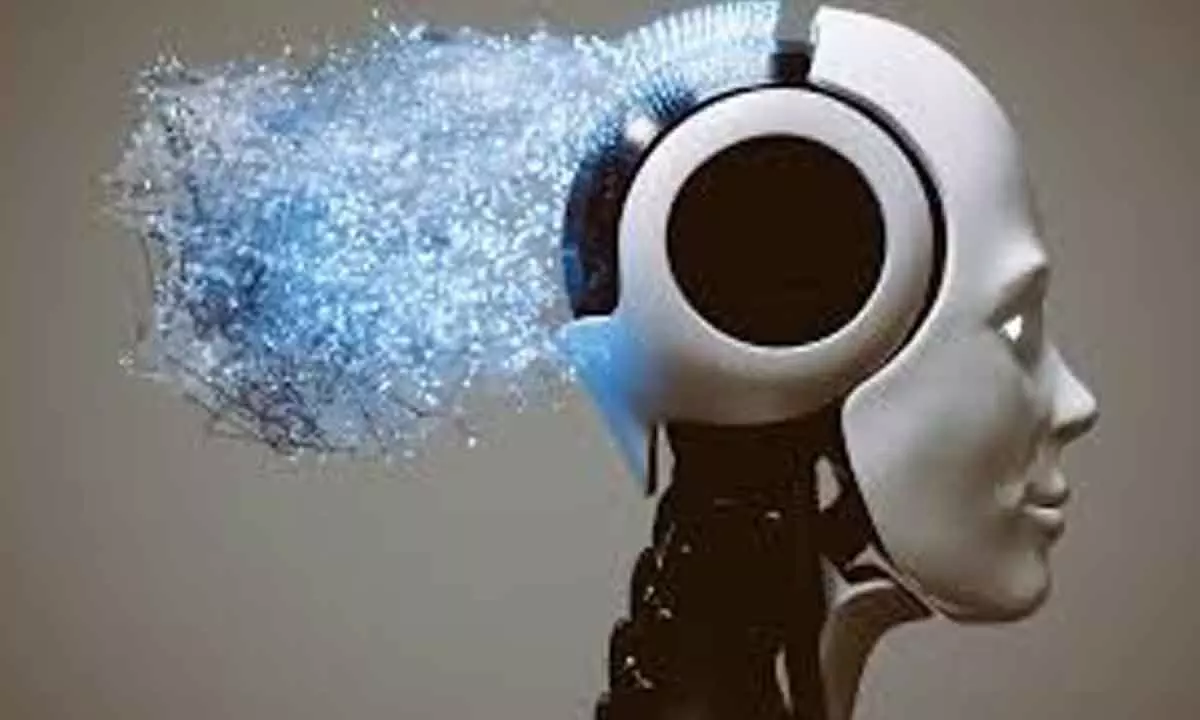
Technology has advanced considerably over the years, moving from pens and notebooks to computers, tablets, and smartphones
Bengaluru: Technology has advanced considerably over the years, moving from pens and notebooks to computers, tablets, and smartphones. But at least for the time being, artificial intelligence (AI) will not be able to compete with human intelligence. But it already poses a danger to conventional technologies, which in a sense are what gave rise to AI over the previous few decades.
In recent weeks, there has been a flurry of activity and excitement in the tech community about how AI finally seems to have arrived at the tipping point where it is beginning to affect everything it comes into contact with. Up until this point, it was more of a novelty that was fun to talk about but rarely useful.
The only worry many have is that technology might soon replace a number of positions, however this is not completely true. "In certain areas, ChatGPT and other language AI models have the potential to replace certain jobs, particularly those that involve repetitive tasks such as data entry, customer service, and certain types of information research," said Harsha Kanuri, AI enthusiast.
"However, it is important to note that ChatGPT is not a general purpose AI that can perform every task a human can. Many jobs, especially those that involve creativity, critical thinking, and emotional intelligence are unlikely to be replaced by AI in the near future. Additionally, the deployment of AI technologies also brings new job opportunities in fields such as data science, AI development, and cybersecurity," he explained.
The functionality of the human brain is not truly mimicked by ChatGPT or other generative AI tools; instead, they are built on deep learning algorithms. "They are modeled after neural networks, which are simplified mathematical representations of the way that neurons in the brain communicate with one another," he added.
"ChatGPT has been trained on large amounts of text data, allowing it to generate responses to text inputs. It uses this training data to make predictions about the next word in a sequence based on the previous words, in a process called language generation. In this sense, ChatGPT can be seen as imitating certain aspects of human language processing, but it does not replicate the complexity or versatility of the human brain. The human brain is capable of much more than just language generation, such as visual perception, emotional processing, and decision making, and AI has a long way to go before it can fully mimic these abilities," he continued.
In a similar manner, AI art has quickly taken over the internet. However, it still differs from human art in a number of ways and cannot take the place of an artist. "AI-generated art is created using algorithms and can generate new pieces or make modifications to existing works, but it lacks the emotional and creative elements that are unique to human artists. While AI art can be highly stylized and complex, it does not have the intentionality, personal vision, or emotional expressiveness that human artists bring to their work. Additionally, AI art is limited by the parameters set by its creators, whereas human artists have the ability to push boundaries and experiment in ways that are not predictable," he said.
"That being said, AI art is still a rapidly growing field, and as AI technology continues to advance, it may become increasingly capable of creating works that are indistinguishable from those made by humans.
However, it is unlikely that AI will ever fully replace the unique qualities and experiences that human artists bring to their work," he expressed.









